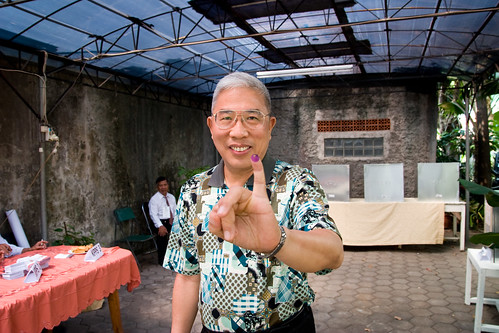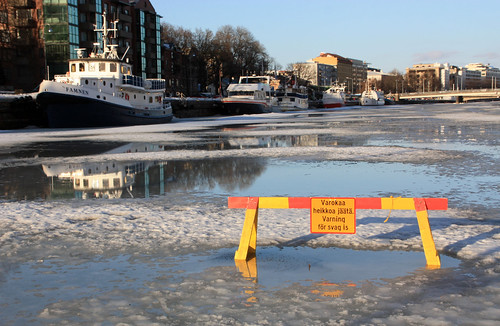
This article was originally published by Security and Defence Agenda (SDA) on 5 June 2014
The Russian aggression in Ukraine, while clearly reconfirming NATO’ utility, has led many Poles to question the Alliance’s ability to guarantee our security or to effectively respond to crises in its neighbourhood.
When Poland joined NATO in 1999, our dream of re-joining the “alliance of the free world” came true. Both fifteen years ago and today, what matters most to us is the guarantee of Article 5 of the Washington Treaty (“one for all, all for one”). This political commitment is for us declined in three “anchors”.




